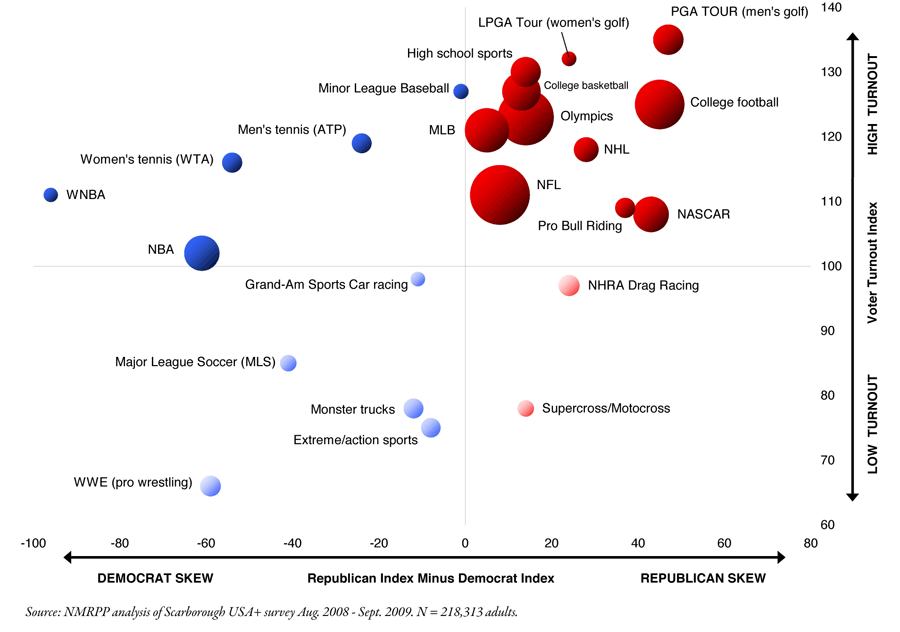Math and Coding Camp

Ice-breaking sessions
Why math and coding?
Day 1-0: Team building
Objective: Start building research teams to prepare for future research
Instructions: Each member will
- look up assigned team members
- relocate to be seated together
- introduce to other members on
- program
- research experience
- aspire to do or to be
Why math and coding?
Day 1-1: Research Project Pitch
Objective: Connect math concepts to real research projects
Instructions:
Each team to have members to introduce themselves and give a brief pitch (1 minute) about research idea/proposal.
- how you would think math and/or coding could enhance your work, even if you are unsure how yet.
- Give examples connecting mathematical tools to real-world research.
- Ask:
- What is difference? What is change?
Why math and coding?
Day 1-2: Data Analysis Challenge
- Objective: Showcase the importance of math in data interpretation.
- Instructions:
- Watch video
- Ask questions after viewing the video
- What dataset was used?
- Identify
- Number of variables
- How to present?
- What is the math part in the analysis?
- What method to analyze this data?
Why math and coding?
Day 2-1: Research Problem Mapping
- Objective: Encourage the application of mathematical concepts to research problems.
- Instructions: Discuss in own team on common research problems in social sciences
- Ask:
- How math could be used to better understand the problem (e.g., understanding the impact of policy changes, predicting economic outcomes, analyzing social networks).
- Brainstorm which mathematical concepts (e.g., algebra, calculus, probability) might be useful in finding solutions
Why math and coding?
Day 2-2: Methodology Match
- Objective: Reinforce the relevance of applying mathematical methods in social science research.
- Instructions:
- Search for different research methods (e.g., regression analysis, survey design, network analysis) and mathematical concepts (e.g., matrix algebra, differentiation).
- Team members match methodologies with the math concepts that underpin them and discuss how they are applied in research.
Why coding in R?
Day 3-1: What R can do for you?
- Can R do the following?
- Compute
- Draw Charts
- Play music
- Paint
- Write a book
- Create website
- Order Uber
- For sure
- Not a problem
- Yes, seriously
- No problem
- Yes
- Ditto
- Seriously?
Why coding in R?
Day 3-2: R Trivia
- Objective: Assess your knowledgeability in R
- Instructions:
- Individual members scan the QR code to enter the trivia quiz
- Team discussion is allowed.
- (Honestly) add up all members' scores. The top score wins the tournament!

Why coding in R? Research in Practice
Day 4-1: Story and puzzle
- Objective: Learn how to formulate a research question and develop hypotheses, which are critical first steps in any research project.
- Read the following:

Political leanings of sports fans
Source: Andrew Gelman blog Statistical Modeling, Causal Inference, and Social Science, also available in Gelman and Vehtari. 2024. Active Statistics
Why coding in R?
Day 4-1: Story and puzzle
- Objective: Learn how to formulate a research question and develop hypotheses, which are critical first steps in any research project.
- Read the following:

Political leanings of sports fans
Source: Andrew Gelman blog Statistical Modeling, Causal Inference, and Social Science, also available in Gelman and Vehtari. 2024. Active Statistics
Why coding in R?
Day 4-1: Story and puzzle
- Objective: Learn how to formulate a research question and develop hypotheses, which are critical first steps in any research project.
- Read the following:

Political leanings of sports fans
Source: Andrew Gelman blog Statistical Modeling, Causal Inference, and Social Science, also available in Gelman and Vehtari. 2024. Active Statistics
- What is the story?
- Puzzle
- Hypothesis
-
Variables
- Dependent
- Independent
- Discuss in team and identify:
“Many theorists claim that domestic instability tends to
lead to foreign aggression. Others have made the claim
that domestic instability makes it less likely that a country
will engage in an aggressive foreign policy. The posited
linkages are obvious. Suppose you develop a good
measure of both variables, and for each year you compute
the total amount of domestic instability in all countries in
the international system and correlate this with the total
amount of external aggression by all states. You find no
correlation at all and conclude that, contrary to both
theories, there is no connection between domestic
instability and war.”
What do you think?
Something wrong?
Why?
How???
Day 4-2: Data Discovery & Exploration
Objective: Learn how to explore data to prepare it for research project.
- Each team will be assigned a dataset.
- Choose, plot, and discuss variables
- How are they measured?
- How are they (cor)related?
- Put them in hypothesis?
- Tell a story using visualization!
- What is the takeaway?
Why coding in R? Research in Practice
Why coding in R? Research in Practice


Day 4-2: Data Discovery & Exploration
Dataset assignment:
Why coding in R? Research in Practice
Instruction:
- Each team sends a representative to do the drawing.
- Each team has one chance of appeal and if approved will be granted one chance of redraw from remaining datasets.
- Once determined, team members will work on sample codes to download and explore data set.
- Start analytics using the codes and materials covered in camp


Day 5-1: Modeling Uncertainty
Objective: Learn how to understand purpose of research
- Team: Use five minutes to do a quick read of Gelman's latest blog "The River, the Village, and the Fort: Nate Silver’s new book, “On the Edge”
- Thought exercise:
- What is uncertainty?
- How do we do better as a researcher?
- Any poker fan or expert? Share your experience in not to lose in a poker game.
Why coding in R? Research in Practice


Day 5-2: How to give a killer presentation
Objective: Learn how to communicate research most effectively
- How to tell a great story
- Focus on what to learn and what to show off
- Techniques
- Trade secret showcase.
Why coding in R? Research in Practice
Readings (Math)
References:
Aragón-Artacho, Francisco J., and Miguel A. Goberna. 2024. Mathematics in Politics and Governance. Cham: Springer Nature Switzerland. doi:10.1007/978-3-031-52776-0.
Fox, John. 2015. Applied Regression Analysis and Generalized Linear Models. SAGE Publications.
Fox, John. 2020. A Mathematical Primer for Social Statistics. SAGE Publications.
Gelman, Andrew, and Aki Vehtari. 2024. Active Statistics: Stories, Games, Problems, and Hands-on Demonstrations for Applied Regression and Causal Inference. Cambridge University Press.
Kropko, Jonathan. 2015. Mathematics for Social Scientists. SAGE Publications.
Moore, Will H., and David A. Siegel. 2013. A Mathematics Course for Political and Social Research. doi:10.1515/9781400848614.
Readings (Coding)
Lafaye de Micheaux, Pierre, Rémy Drouilhet, and Benoit Liquet. 2013. The R Software: Fundamentals of Programming and Statistical Analysis. Springer. https://espace.library.uq.edu.au/view/UQ:328604 (August 13, 2024).
Mailund, Thomas. 2017. Functional Programming in R: Advanced Statistical Programming for Data Science, Analysis and Finance. Apress.
Mathematics and Programming for Machine Learning with R | From the Gro. https://www.taylorfrancis.com/books/mono/10.1201/9781003051220/mathematics-programming-machine-learning-william-claster (August 13, 2024).
Okoye, Kingsley, and Samira Hosseini. 2024. R Programming: Statistical Data Analysis in Research. Springer Nature.
Pace, Larry. 2012. Beginning R: An Introduction to Statistical Programming. Apress.
Software for Data Analysis. https://link.springer.com/book/10.1007/978-0-387-75936-4.
Wiley, Matt, and Joshua F. Wiley. 2019. Advanced R Statistical Programming and Data Models: Analysis, Machine Learning, and Visualization. Apress.



